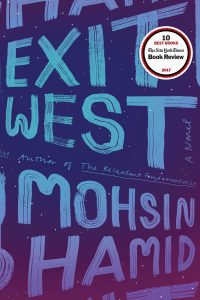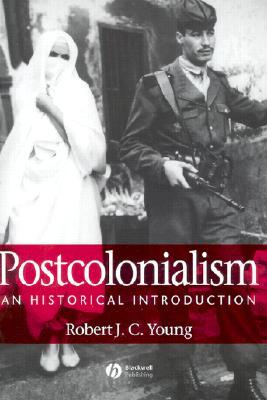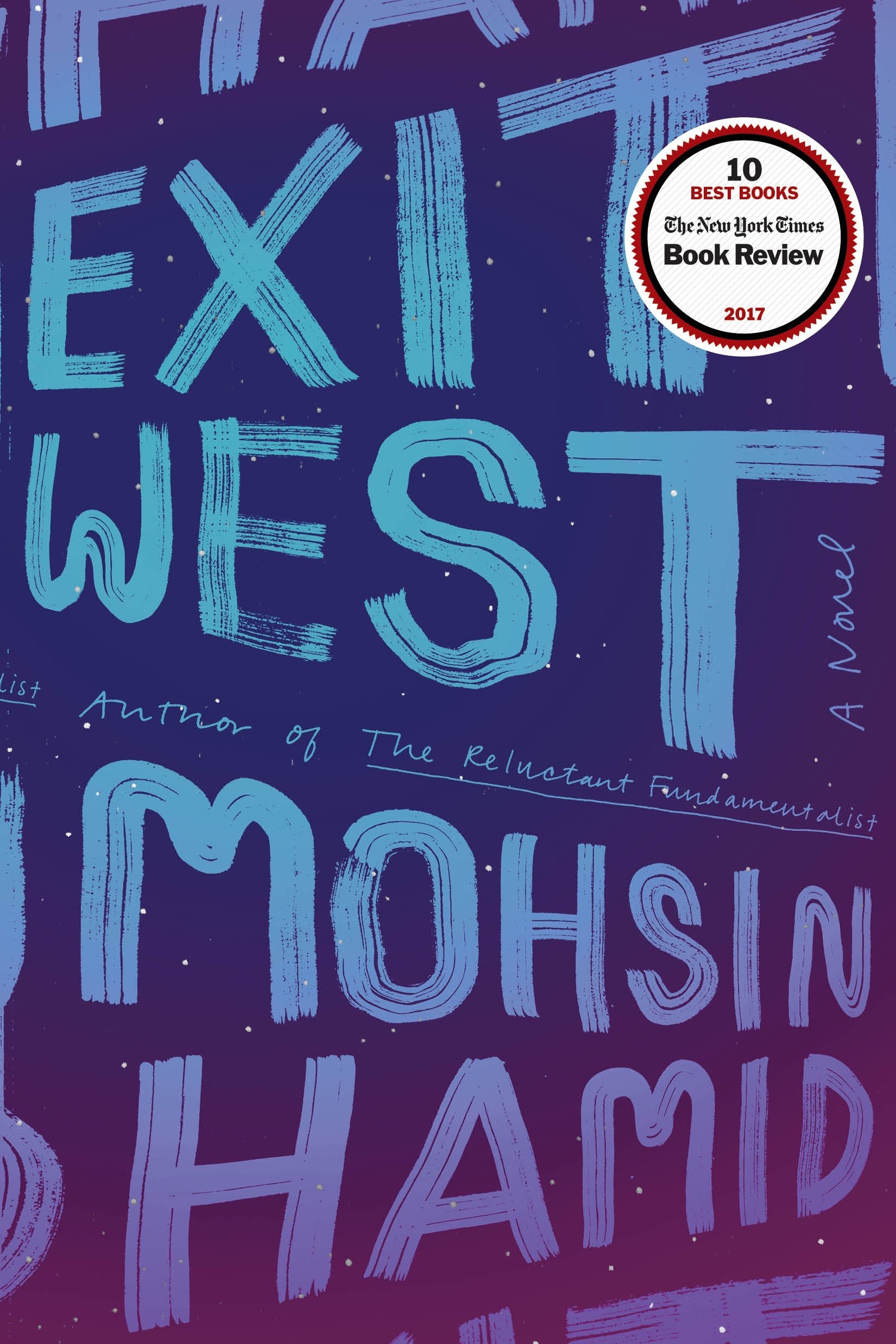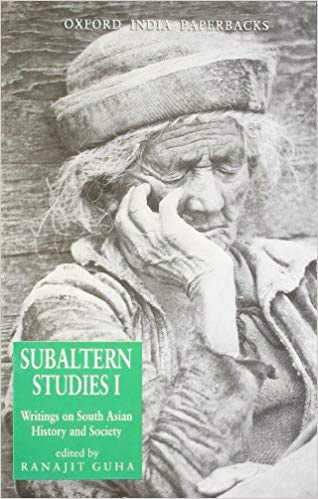Please read Part 1 and Part 2 before reading this article.
Migration and deterritorialization
The homelessness suffered by the postcolonial migrant has created many new dimensions of his postcoloniality as a postcolonial subject. One of them is  deterritorialization. This deterritorialization is both on the part of the writer as well as on the part of postcolonial subject created by the postcolonial writer. Hamid’s fictions; Moth Smoke, The Reluctant Fundamentalist, How to get Filthy Rich in Rising Asia, all point out to his Pakistani narrative, with Pakistani landscape, Pakistani territorialisation/reterritorialization and Pakistani characters working in it and more or less with the Pakistani indigeneity under the influence of American neo-colonialism. But the fiction Exit West, has much different dimensions. For example, the characters, Nadia and Saeed, though look like Pakistani, have not been assigned any identity of being Pakistanis; the landscape is never told to be Pakistani, and the theme of narrative is international rather than being restricted to Pakistan and its people. The writer has therefore, attempted to deterritorialize himself and his narrative.
deterritorialization. This deterritorialization is both on the part of the writer as well as on the part of postcolonial subject created by the postcolonial writer. Hamid’s fictions; Moth Smoke, The Reluctant Fundamentalist, How to get Filthy Rich in Rising Asia, all point out to his Pakistani narrative, with Pakistani landscape, Pakistani territorialisation/reterritorialization and Pakistani characters working in it and more or less with the Pakistani indigeneity under the influence of American neo-colonialism. But the fiction Exit West, has much different dimensions. For example, the characters, Nadia and Saeed, though look like Pakistani, have not been assigned any identity of being Pakistanis; the landscape is never told to be Pakistani, and the theme of narrative is international rather than being restricted to Pakistan and its people. The writer has therefore, attempted to deterritorialize himself and his narrative.
The use of magic doors further exposes the world of narrative in Exit West to ‘Exit’ from Indigeneity to foreignness and so deterritorialization is further extended by using this magical realism. The narrative of the Exit West unites Nadia and Saeed with the community of international migrants who are moving almost all across the globe. They lose their respective identities as already pointed out to discover themselves among the new and alternate identities and so formulate for themselves and adopt a refugee identity and begin to design their lives accordingly. This narrative, therefore develops deterritorialization on a very huge level on the part of the characters, landscape and the writer. Another level of deterritorialization is the linguistic deterritorialization. At the language level also, the postcolonial writers, especially from Pakistan, are leaving their traditional arena of using urduized, indigenized, or chutnified variety of English language as most of the Pakistani writers like Ahmed Ali, Mumtaz Shanawaz, Sidhwa, Ghose and Shamsie have been doing so in the last six decades. The language of the Pakistani postcolonial text has also moved a little away from the variety of English language which made Pakistani literature in English a type of its own because it has been a hallmark of the language of the Pakistani postcolonial writers to be recognized as the language of the Pakistani postcolonial fiction.
The end comment, therefore, is that the magical doors created because of the migration have caused not only homelessness but also the confusion about the hybridized identities to stress themselves in the narrative of Mohsin Hamid. The loss of identities has further brought to light the confusions of the border inhabiting migrant and developed them into a neo-migrant, of postcolonial migrant or the modern orient, whatever we may call it. Above all, the writer by using such a new type of narrative has deterritorialized his narrative. I recommend that readers of this article may further conduct researches on the multiple concepts like modern migrant, neo-migrant and modern oriental in the deterritorialized postcolonial fiction.




Thank you Dear!
Excellent commentary dear sir.